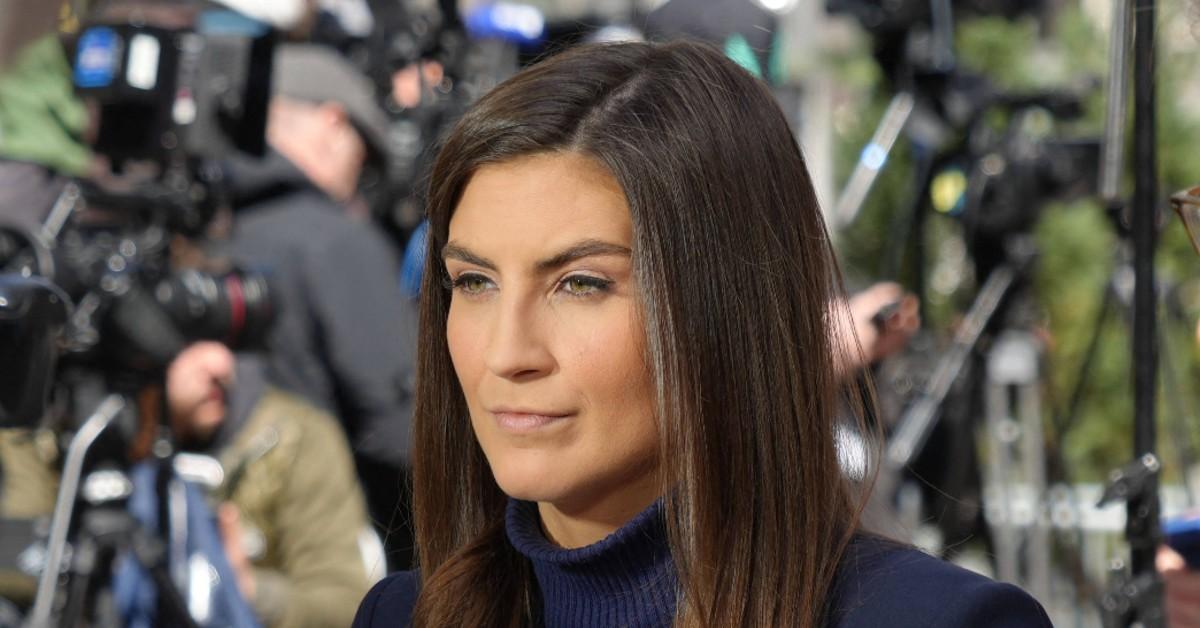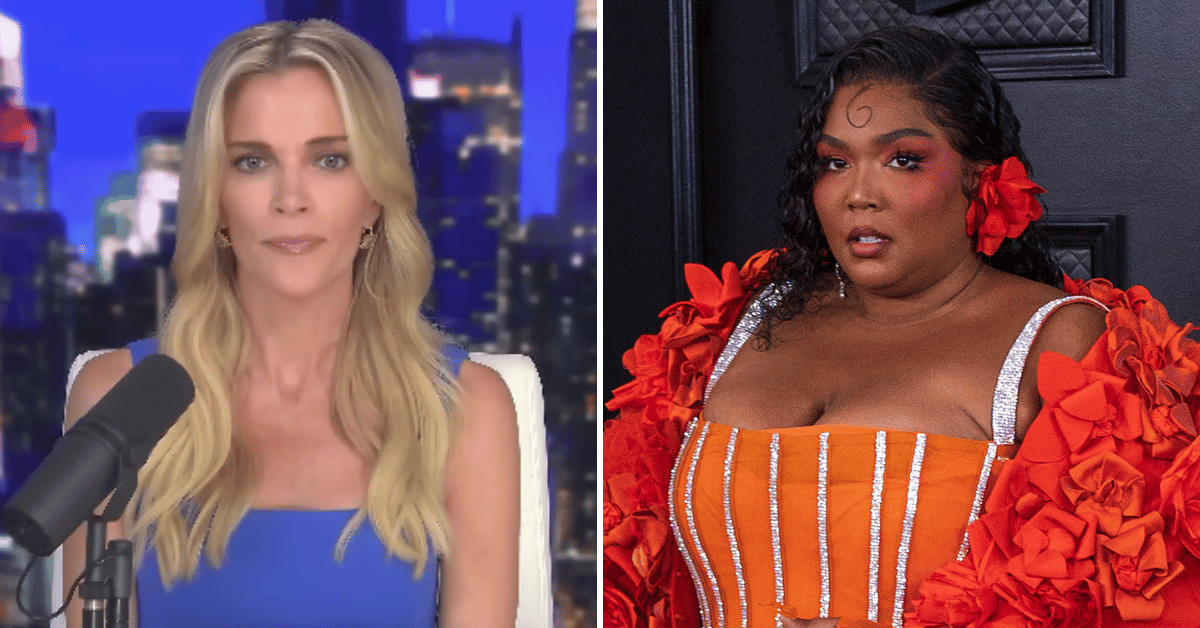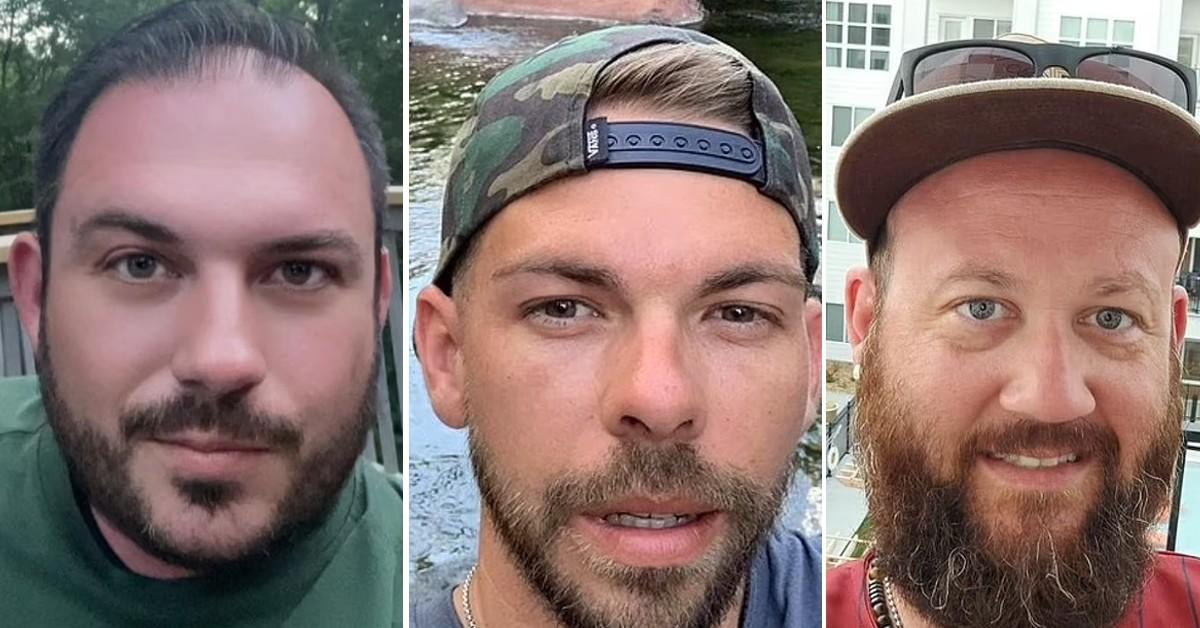Junior doctors ‘not exceptional’ when it comes to impact of inflation, says minister | Politics News

Junior doctors are “not exceptional in having inflation pressures” on their wages and should take the government’s proposed pay rise “seriously”, a minister has said.
Prime Minister Rishi Sunak confirmed on Thursday that he would be accepting recommendations from public sector pay review bodies to increase wages across the board – albeit without giving departments extra funding to pay for it.
As a result, an offer of a 6% rise, plus a one-off payment of £1,250, was made to junior doctors.
Politics live: Junior doctors’ strike continues for second day
But the British Medical Association (BMA) – whose members are currently on strike and are calling for a full 35% pay restoration to bring salaries back to 2008 levels – said the new figure “serves only to increase the losses faced by doctors after more than a decade’s worth of sub-inflation pay awards”.
Asked by Sky News about the BMA’s reaction, Education Secretary Gillian Keegan said junior doctors were “not unusual” in the pressures they were facing as “every single person actually across the world, not even just across this country, has seen the impacts of inflation”.
She added: “So [junior doctors] are not exceptional in having, you know, inflation pressures. We all have inflationary pressures. Everybody does.”
Ms Keegan said it was a “tricky balancing act” to make pay offers without fuelling further increases in inflation, and the government was “trying to be fair”.
She said: “The independent pay review bodies have done a very thorough analysis, and they look at rates of recruitment, retention, they look at all the other sort of professions or similar professions, so they do do a very thorough job.
“And so, you know, I think it’s only fair that [junior doctors] should look at that and take that seriously.”
But the general secretary of the Trades Union Congress, Paul Nowak, told Sky News it would be “remiss of the government to ignore the concerns of NHS staff”.
“I think [junior doctors] have been very clear all along that what they want to see is a pathway to pay restoration,” he said. “That’s really important if we’re going to solve the recruitment and retention crisis in our NHS.
“Now, I don’t think [the unions] believe the government is going to put 35% on the table this year. I think what they want from the government is to set out how they are going to restore pay and how they are going to solve the recruitment and retention crisis for for junior doctors, and indeed for more senior staff in the NHS.”
Mr Nowak added: “Across the public and private sector, workers are still facing another real terms pay cut, we’ve got a government that’s got no long-term plan for boosting wages and instead, it actually is intent on attacking trade unions who are standing up for people to get decent wage rises.
“I want a government that’s serious about engaging with unions and serious about listening to public and private sector workers, rather than attacking trade unions.”



